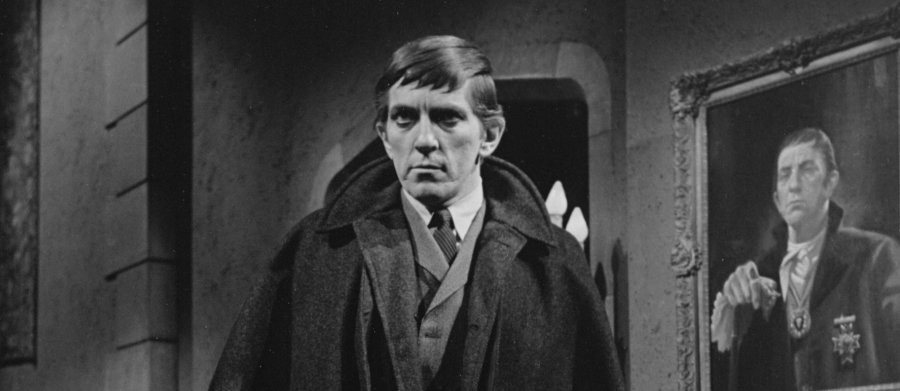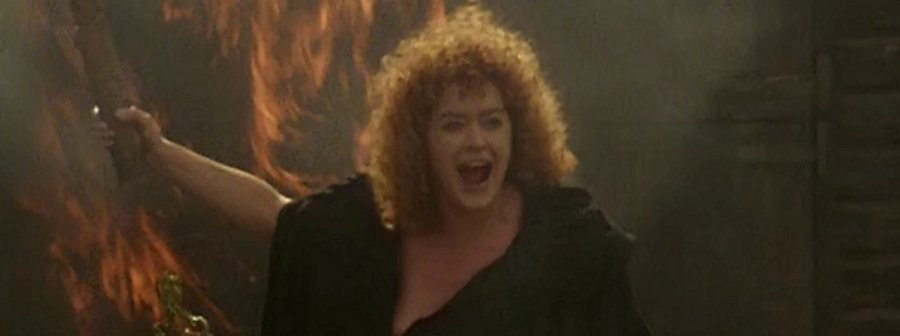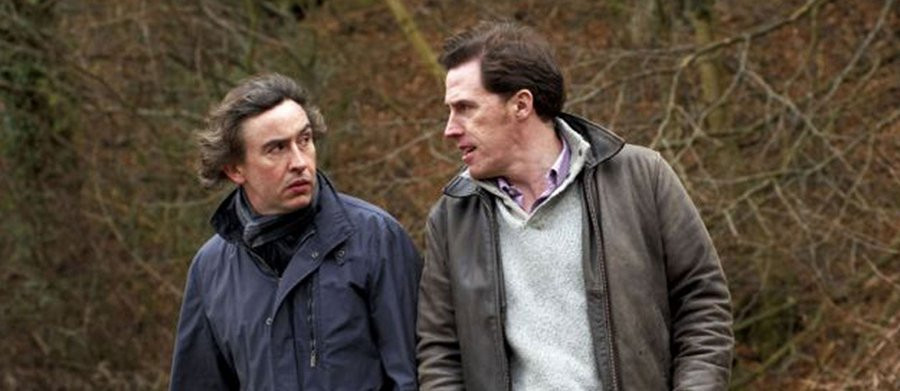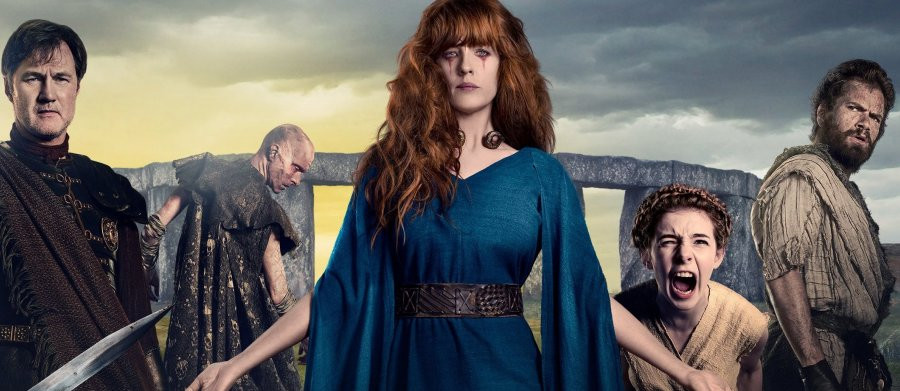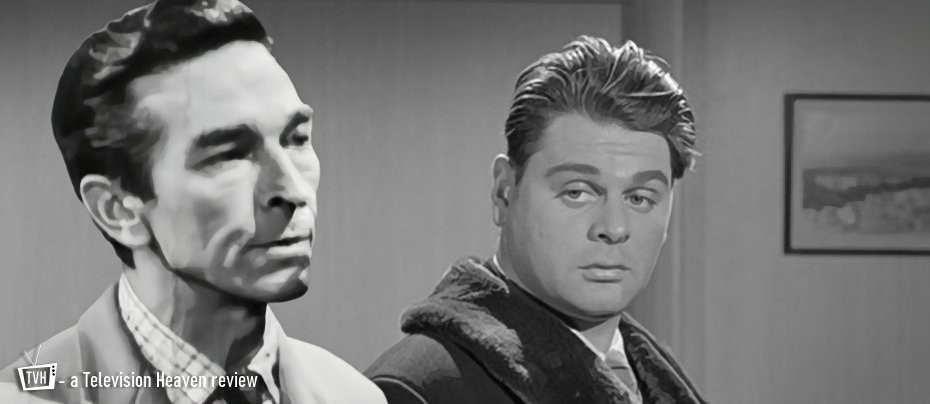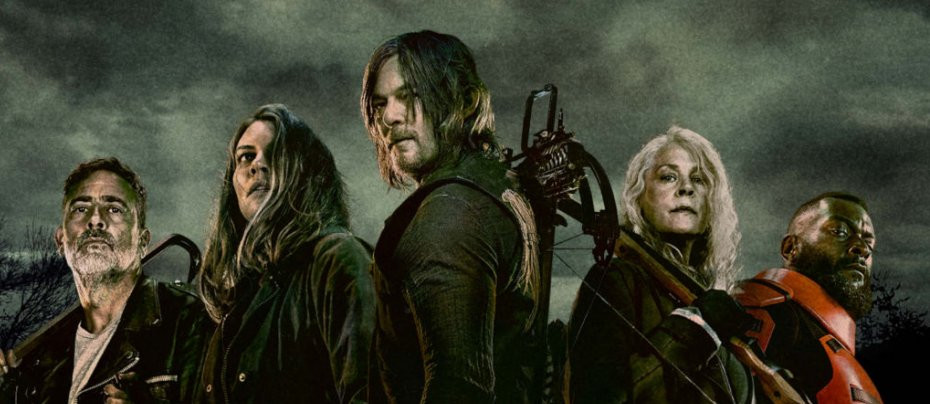
The Walking Dead
2010 - United StatesThe Walking Dead, which aired from 2010 to 2022, stands as a cornerstone of modern television in the zombie-apocalypse genre. Spanning an impressive 11 seasons and based on Robert Kirkman and Tony Moore’s graphic novels, it pushed beyond traditional horror and action elements, crafting a narrative about survival, community, and the human psyche when pushed to the brink, capturing viewers’ attention with its relentless tension and horror, and gaining a devoted fanbase. Drawing impressive ratings for AMC and earning a place in pop culture history, its success also spurred multiple spin-offs, further exploring the world it built.

The series begins with sheriff’s deputy Rick Grimes (Andrew Lincoln – Love Actually) waking up from a coma to find the world overrun by the dead. He embarks on a journey to reunite with his family and ultimately becomes the reluctant leader of a group of survivors. As the group navigates a treacherous world of zombies (“walkers”) and even more dangerous human enemies, The Walking Dead continuously explores how each character evolves—revealing who they are under extreme stress, and examining themes like morality, loyalty, and sacrifice.
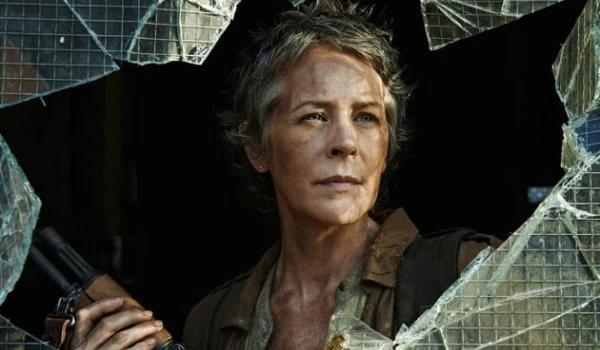
The writers don’t shy away from difficult situations, often putting characters through brutal trials that reveal their inner strength or moral failings. Characters like Carol Peletier (Melissa McBride – Dawson’s Creek), who transforms from an abused housewife into one of the show’s most resilient survivors, and Daryl Dixon (Norman Reedus), who evolves from a lone wolf into a beloved figure with strong, protective instincts, are some of the show’s best examples of character development as viewers connect with them on a deeply emotional level, making each twist and turn all the more impactful.
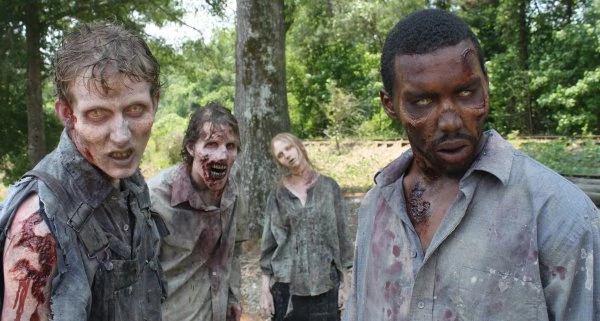
Visually, The Walking Dead brings the horror of a post-apocalyptic world to life. The production values, particularly in the practical effects and makeup of the walkers, are consistently impressive. Special effects supervisor Greg Nicotero deserves particular credit for creating some of the most horrifying and memorable monsters seen on television. From gory, decayed zombies to disturbing scenes of human casualties, the show leverages practical effects to keep the horror grounded and visceral.

The series shines in its portrayal of tension between survival and humanity, not simply pitting its characters against walkers but also exploring human society's unravelling under duress. Different seasons introduce antagonists who force the main group to wrestle with their morals, like the sadistic Governor (David Morrissey – Holding On) and the ruthless Negan (Jeffrey Dean Morgan – Grey’s Anatomy). These characters represent the grim possibilities of what people might become when survival is all that matters. Through these conflicts, The Walking Dead interrogates the cost of survival and the potential for humanity’s self-destruction.
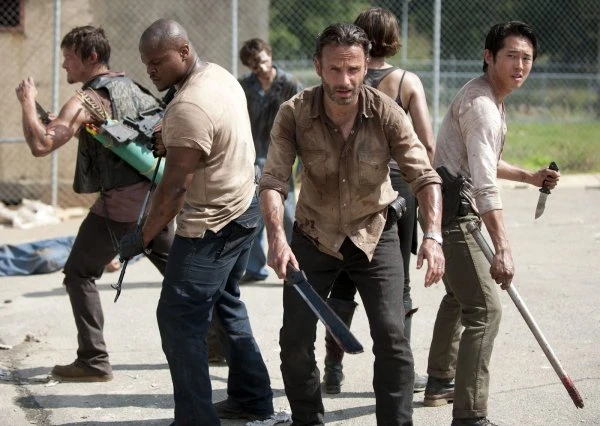
However, one of the show’s challenges lies in its longevity. While The Walking Dead excelled at building suspense and shocking its audience in its early seasons, some fans and critics felt that it struggled with pacing in later seasons. The narrative sometimes lost momentum, particularly during seasons with extended arcs that didn’t move the story forward as briskly as earlier seasons had. Some storylines, such as the focus on Negan’s reign, while well-acted and often intense, felt stretched, leading to frustration among viewers who felt the show was in danger of stagnation.
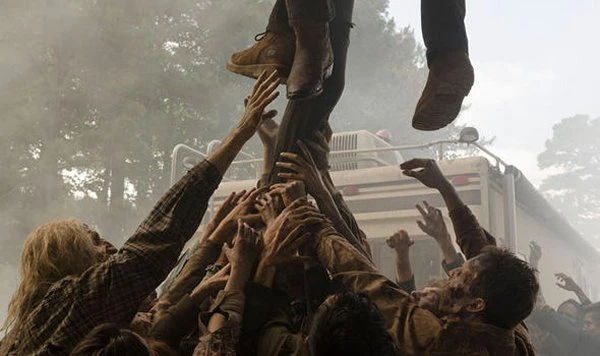
That said, the show adapted well over its run, bringing in fresh faces and new settings to keep the world of The Walking Dead feeling expansive and varied. In later seasons, the introduction of new communities like the Kingdom and the Commonwealth broadened the show's social and political scope, examining what types of societies might emerge in a post-apocalyptic world.
The final season of The Walking Dead brought many of its themes full circle, aiming to offer closure to a long and complex story. While it’s difficult to end a show with such a massive legacy in a way that satisfies everyone, the finale succeeded in delivering a conclusion that felt true to its themes of resilience and hope amidst ruin. It was a testament to the show’s initial premise: that in the face of almost unimaginable horrors, people could still find reasons to fight, to love, and to live.
In the end, The Walking Dead leaves a legacy that goes beyond just zombies and jump scares. It explores the complexities of human nature, examining what people are capable of under extreme circumstances. With its iconic characters, high-stakes drama, and primitive portrayal of a world gone mad, it will remain a landmark series in television. While not every season hit its mark, the show’s impact is undeniable. The Walking Dead wasn’t just about the terror of the apocalypse; it was about the endurance of the human spirit, even when everything else has crumbled.
Seen this show? How do you rate it?
Seen this show? How do you rate it?
Published on October 31st, 2024. Written by Laurence Marcus for Television Heaven.



